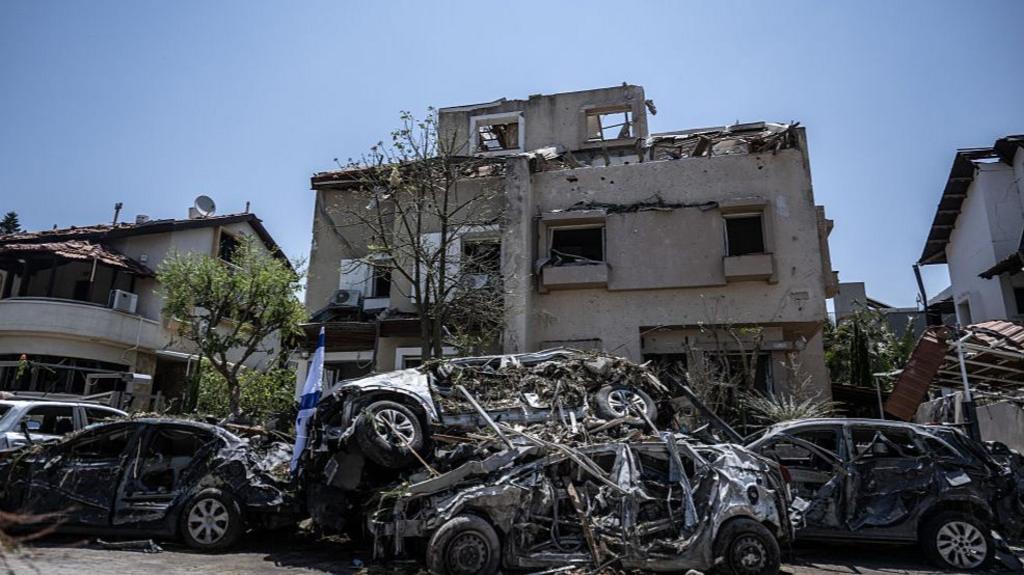Tensions in the Middle East reached a critical level overnight as Israel and Iran exchanged direct missile strikes, prompting global concern and raising the spectre of wider conflict.
Explosions rocked Tel Aviv, Jerusalem, and Tehran in the early hours of Saturday after Iran launched a barrage of missiles in retaliation for Israeli airstrikes on its nuclear facilities the previous day.
Israeli Defence Minister Yoav Gallant responded with a chilling warning, declaring that “Tehran will burn” if Iran continues its attacks.
In a further escalation, Iranian state media reported that the country has issued a stern warning to the United Kingdom, United States, and France: any effort to intervene or support Israeli defences will lead to retaliatory strikes on their military bases and naval assets in the region.
Iranian state television reports that 60 people were killed in the Israeli strike on Tehran, while Israeli officials say three people died and dozens were injured as a result of Iran’s retaliation. Hospitals in both countries are on high alert, and emergency services are struggling to cope with the scale of damage.
Despite the growing tensions, Downing Street has not publicly responded to Iran’s warning. However, political correspondents in London suggest that the UK has not been involved in any military operations or defence activities related to the ongoing conflict.
The United Nations has called for restraint from all sides as fears mount that the conflict could spiral into a broader regional war, dragging in global powers and destabilising already volatile parts of the Middle East.

